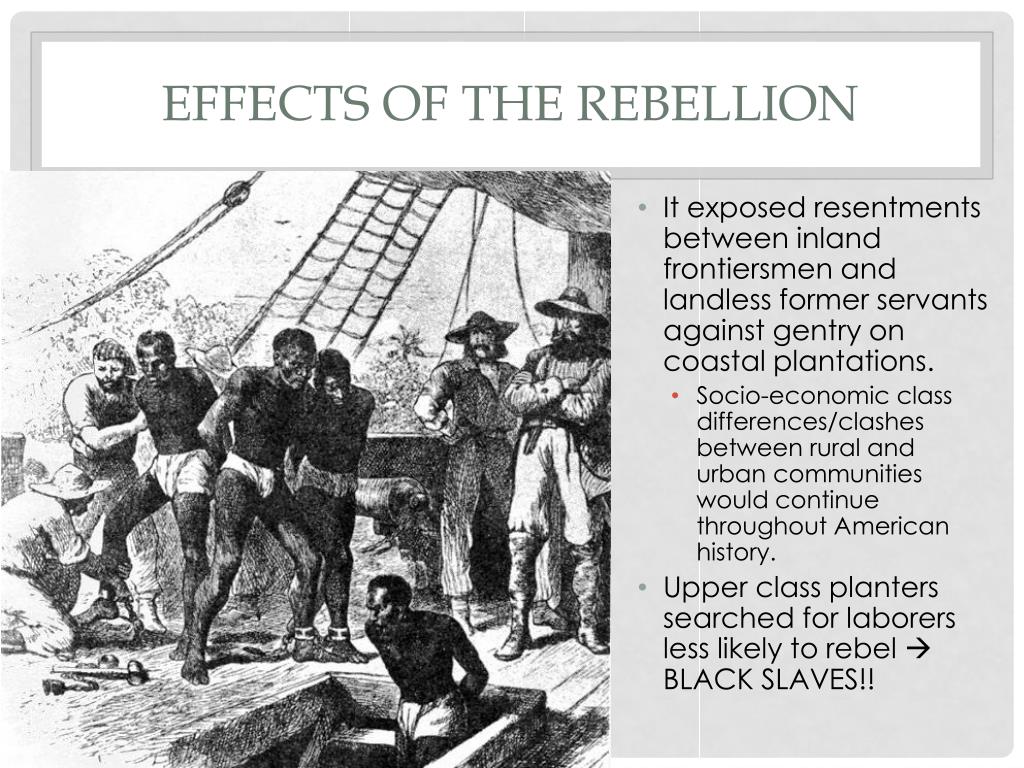
So when these bottom-of-the-rung people in Boston destroyed their tea, that was a serious thing to them.” They each had paid 1,000 pounds sterling-that would probably be about a million dollars now-for a share of the company, to get a piece of the action from all this tea that they were going to force down the colonists’ throats. “Many of the East India Company’s shareholders were members of Parliament. Nevertheless, the act of defiance “really ticked off the British government,” Randall explains. To make the point that they were rebels rather than vandals, they avoided harming any of the crew or damaging the ships themselves, and the next day even replaced a padlock that had been broken. Thinly disguised as Mohawks, they boarded three ships in Boston harbor and destroyed more than 92,000 pounds of British tea by dumping it into the harbor. The Sons of Liberty, a radical group, decided to confront the British head-on. “The Americans wanted to be able to trade with any country they wanted.” “They didn’t want the British telling them that they had to buy their tea, but it wasn’t just about that,” Randall explains.

The act gave the company extended favorable treatment under tax regulations so that it could sell tea at a price that undercut the American merchants who imported from Dutch traders. But they left in place the tax on tea, and in 1773 enacted a new law, the Tea Act, to prop up the financially struggling British East India Company. The British eventually withdrew their forces from Boston and repealed much of the onerous Townshend legislation. The Boston Tea Party destroying tea in Boston Harbor on December 16, 1773. “That made the Americans think they could push back against anything the British wanted,” Randall says. Ultimately, Benjamin Franklin convinced the British to rescind it, but that only made things worse. “The tax never got collected, because there were riots all over the place,” Randall says. They resented not only having to buy goods from the British but pay tax on them as well. “They felt that they’d spent a lot of blood and treasure to protect the colonists from the Indians, and so they should pay their share.”

“Up until then, each colony had its own government which decided which taxes they would have, and collected them,” explains Willard Sterne Randall, a professor emeritus of history at Champlain College and author of numerous works on early American history, including Unshackling America: How the War of 1812 Truly Ended the American Revolution.

To recoup some of the massive debt left over from the war with France, Parliament passed laws such as the Stamp Act, which for the first time taxed a wide range of transactions in the colonies. Sheet of penny revenue stamps printed by Britain for the American colonies, after the Stamp Act of 1765.


 0 kommentar(er)
0 kommentar(er)
